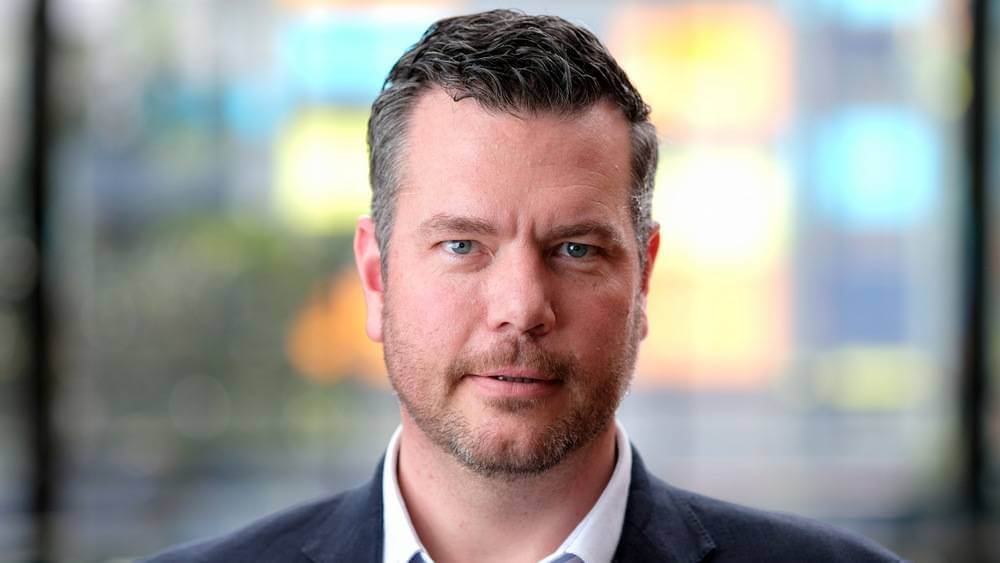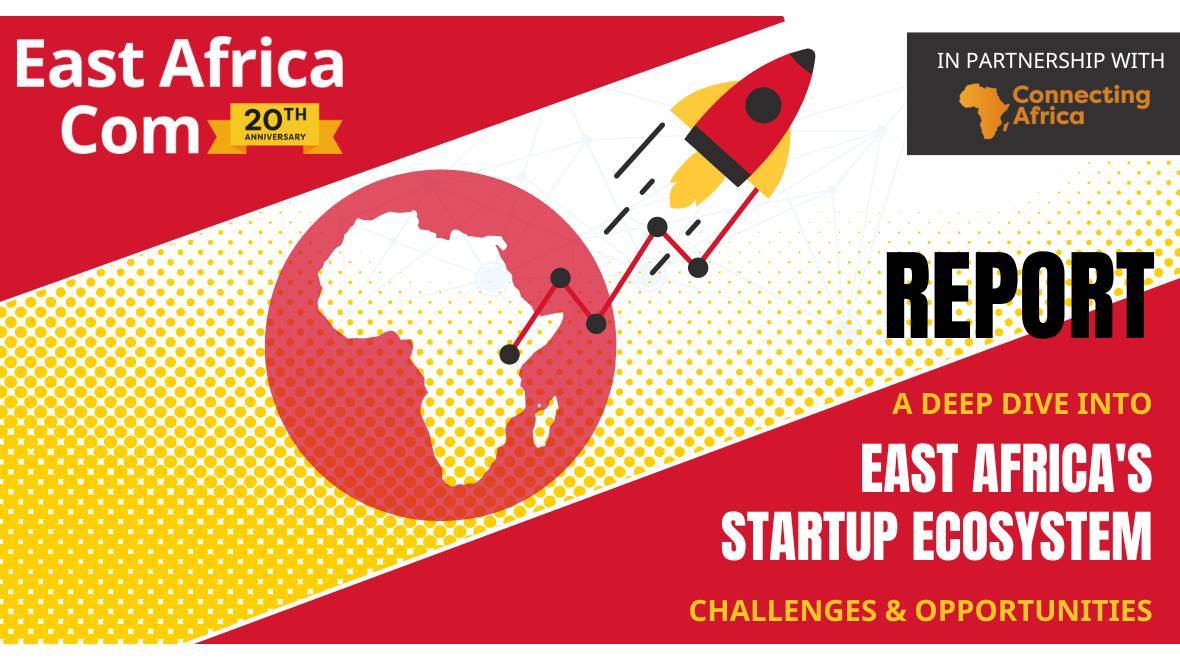How innovative device financing can help Africa's mobile evolution

Connecting Africa sat down with Trustonic VP of Sales and Business Development for Europe, Middle East and Africa (EMEA), Craige Fleischer, to talk about Africa's mobile evolution and how innovative device financing can help improve the affordability of 4G and 5G devices on the continent to improve digital inclusion.
Connecting Africa (CA): How has the usage of mobile and smartphones evolved across Africa over the last 12 months? How do you think mobile trends will evolve in Africa over the next 12 months?
Craige Fleischer (CF): Over the past 12 months, it has become clear that there is no longer a coverage gap across Africa. However, there remains a significant utilization gap caused by the cost of smartphones, amounting to 30% of a person's monthly take-home pay in some parts of the continent.
Although there are certain nations in Africa where smartphone penetration is stronger, 43% of the total African population still does not have access to the technology.
However, the trend is increasingly likely to move away from 2G feature phones as operators continue to drive aggressively towards 4G and 5G technology.
In South Africa, regulators are currently preparing to switch off all 2G networks in 2023. While this will help the country to move away from outdated infrastructure, it will also cut off and preclude millions of citizens who don't have access to a 4G device.
CA: What key challenges are mobile operators facing within the Africa region as they encourage more users to switch from 2G to 4G?
CF: Creating 4G and 5G infrastructure, and getting users into the space, remain key challenges for operators. Many have chosen not to invest in traditional terrestrial coverage and have instead invested in 3G and 4G technology.
With more than 40% of the region's population under the age of 15, young consumers owning a mobile phone for the first time will remain the primary source of growth for the foreseeable future.
CA: What are the benefits and drawbacks of increased smartphone usage amongst Africa's population for mobile operators?
CF: Increased smartphone usage means that operators across Africa benefit from the greater utilization of data. However, it also poses the question: 'can consumers actually afford data?'.
Because of this, there is a significant push to ensure that data pricing comes down, and that digital inclusion can be expanded.
To improve digital inclusion for people in Africa, Google is driving up base memory variants within its hardware stack, thereby creating a stronger user experience. However, digital inclusion is not merely limited to economic digital inclusion – though this is a significant driver in the space – and has a much wider range of benefits.
For example, farmers with 4G and 5G access can gain information on weather patterns, the price of grain, variable commodity prices that they should be selling for within their market, etc. They can also access educational materials, such as YouTube, which can help them to understand how they can overcome myriad agricultural problems that they might face.
CA: What challenges could an increase in smartphone usage bring to Africa's mobile operators?
CF: Despite all the benefits associated with increased smartphone usage, some operators and consumers still do not appear to be driving towards device financing.
Africa has traditionally been a pre-paid environment, meaning distributors typically sell stock for cash, which has created a digital divide because people are unable to afford the hardware.
While operators often consider device financing as a straightforward solution to this problem, many do not fully understand the various elements that must go into the ecosystem for bringing customers onboard.
Operators need the correct tools to make decisions for providing smartphones where non-traditional credit vetting processes are in place. Some operators are now using call-data records or mobile money environments to decide whether a customer has the financial ability to pay off their smartphone.
However, in many cases, the operators are doing so without an understanding of how cash is moving in the non-traditional banking environment.
Trustonic's locking technology underpins all of this and pulls it all together. It is not as simple as an operator saying that they want to incorporate device financing though – they need to understand how the channel will be set up, and how they are going to leverage the open market environment. They must also consider whether they are procuring stock directly, how it works, and how they create that ecosystem.
CA: How does the Trustonic telecoms platform work and how do you help mobile operators onboard more customers within emerging markets?
CF: Device financing is just one element of how the Trustonic platform works. There are various other elements that we are able to deliver, from supply chain management to SIM control, managing subsidies etc. The goal for us, as a company, is to become a trusted advisor to our clients.
We work closely with clients to understand whether they want daily or monthly payments and understand the various nuances that come into play when operators want to onboard users.
For example, micropayments are one of the biggest trends. With users paying the equivalent of around 10 or 20 US cents a day to get access to smartphone technology, the barrier to entry is largely removed because they are not having to pay expensive deposits up front.
CA: Does Trustonic plan to increase its market share across Africa? In doing so, what is the potential to reduce the digital divide?
CF: Thanks to the Trustonic solution, significant numbers of devices are now being financed in Africa. Of course, growing our market share is important to us, but we also feel passionately that no consumer should be left behind as the continent moves increasingly towards using 4G and 5G networks.
We want to help the market and operators to create a space where they can have confidence in onboarding consumers by reducing fraud, increasing on-time payments, and improving smartphone penetration across the markets in which they operate.
This content is sponsored by Trustonic.
*Top image is of Craige Fleischer, VP Sales and Business Development EMEA, Trustonic. (Source: Trustonic).










